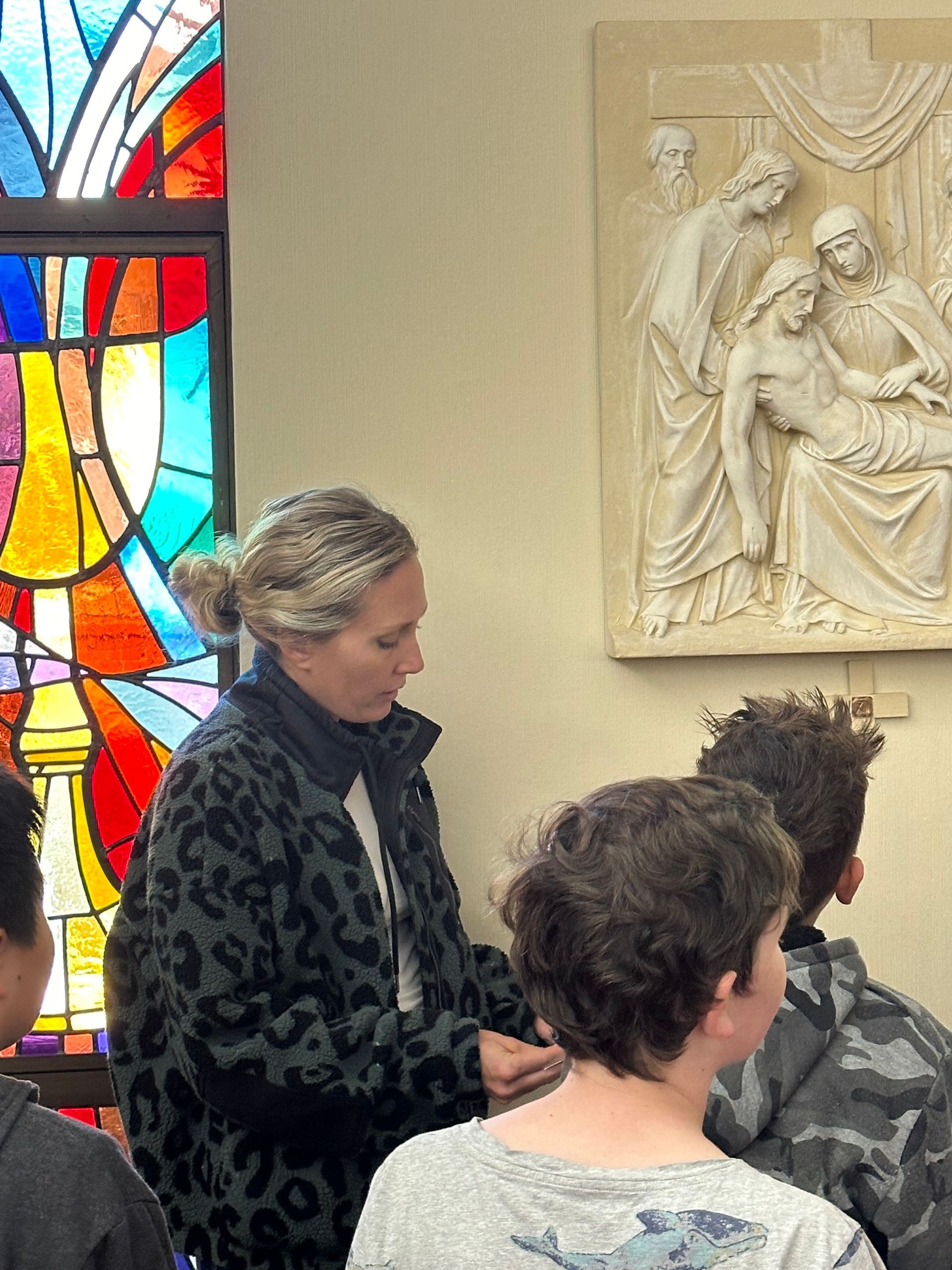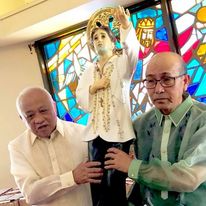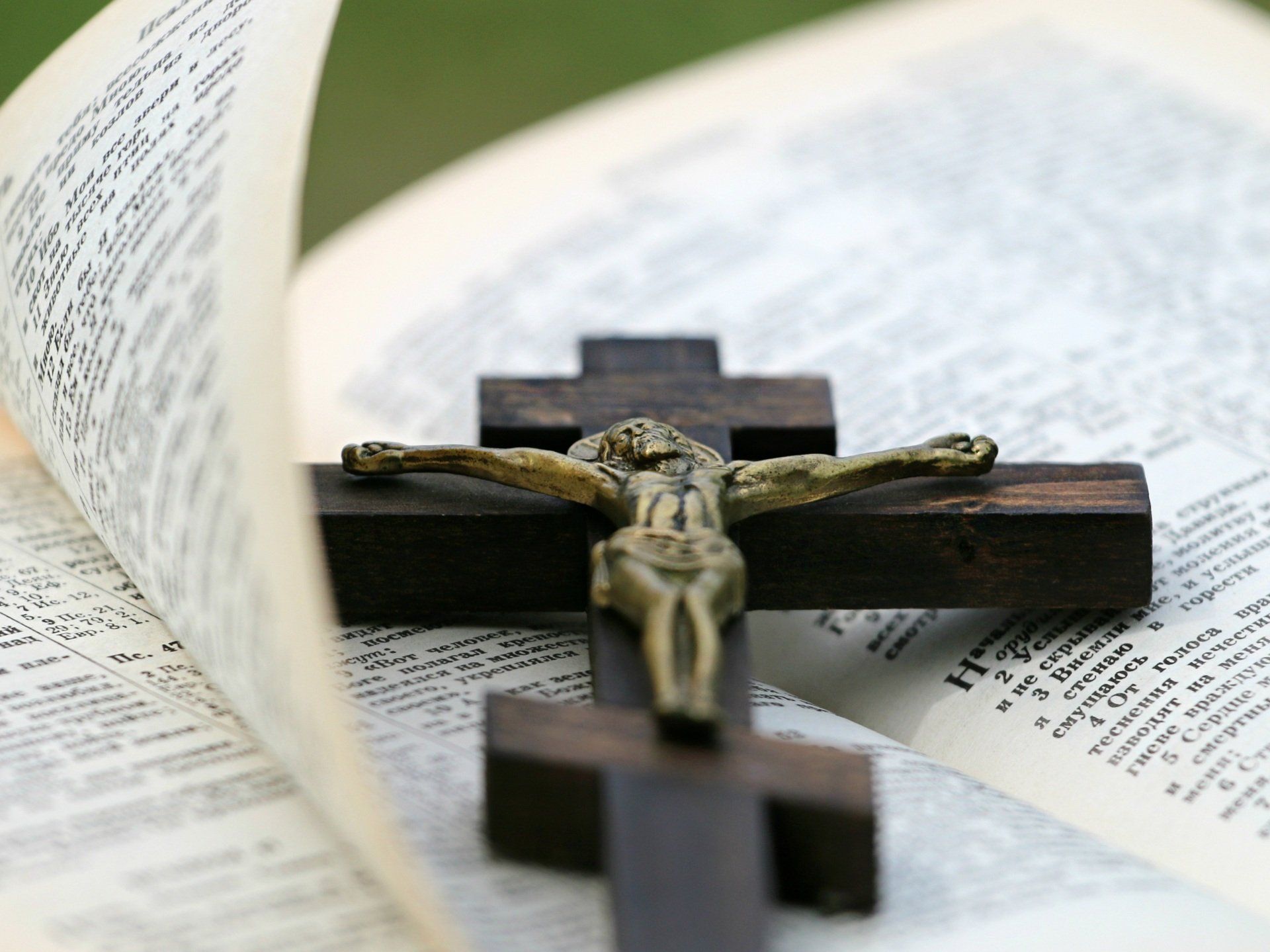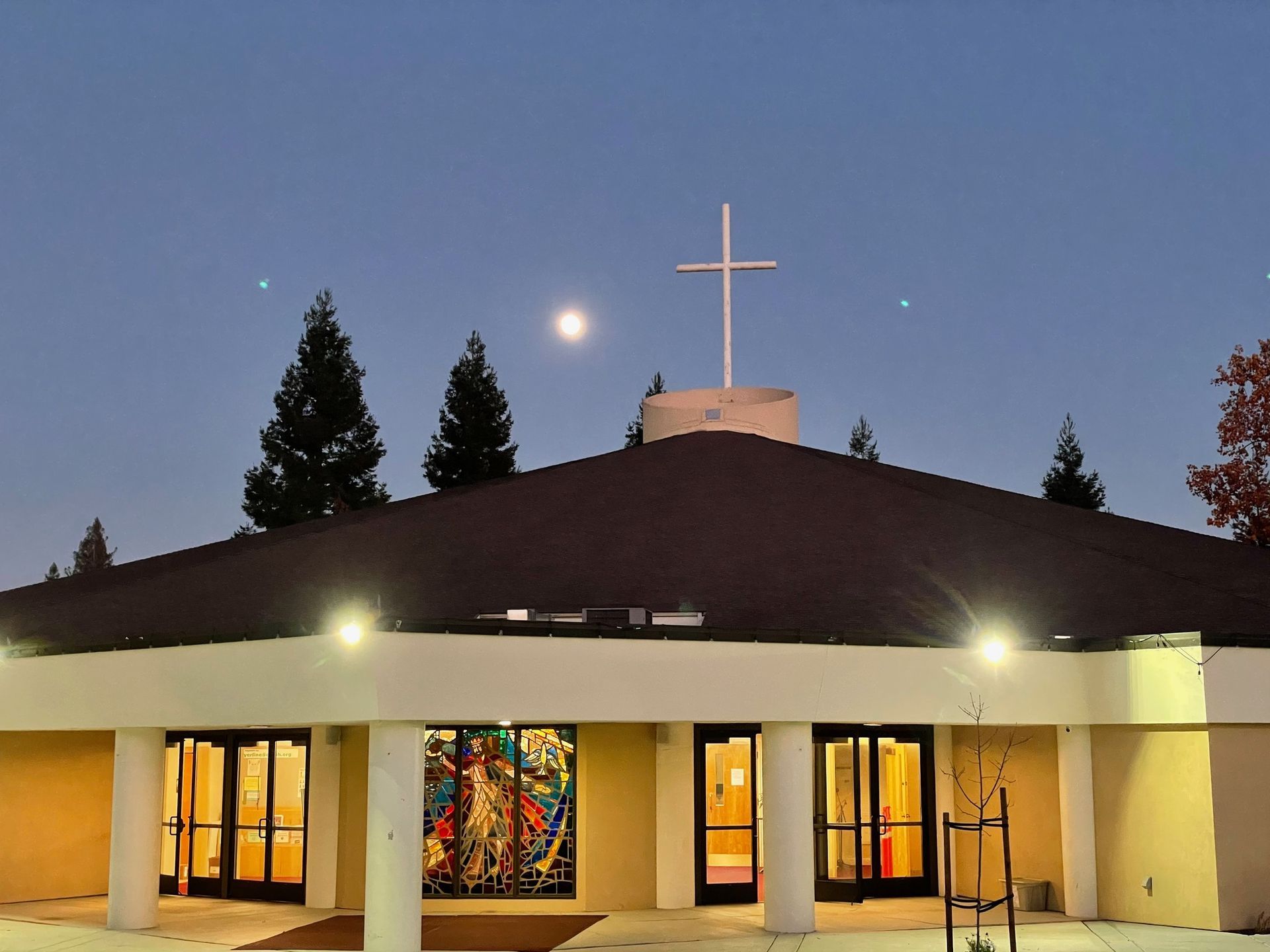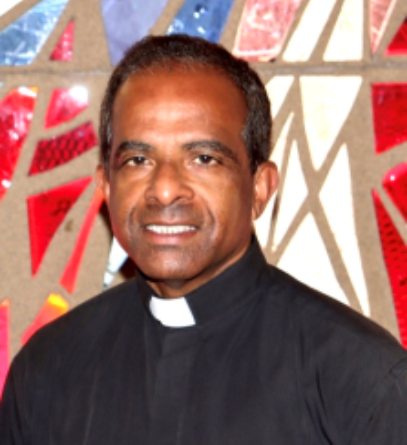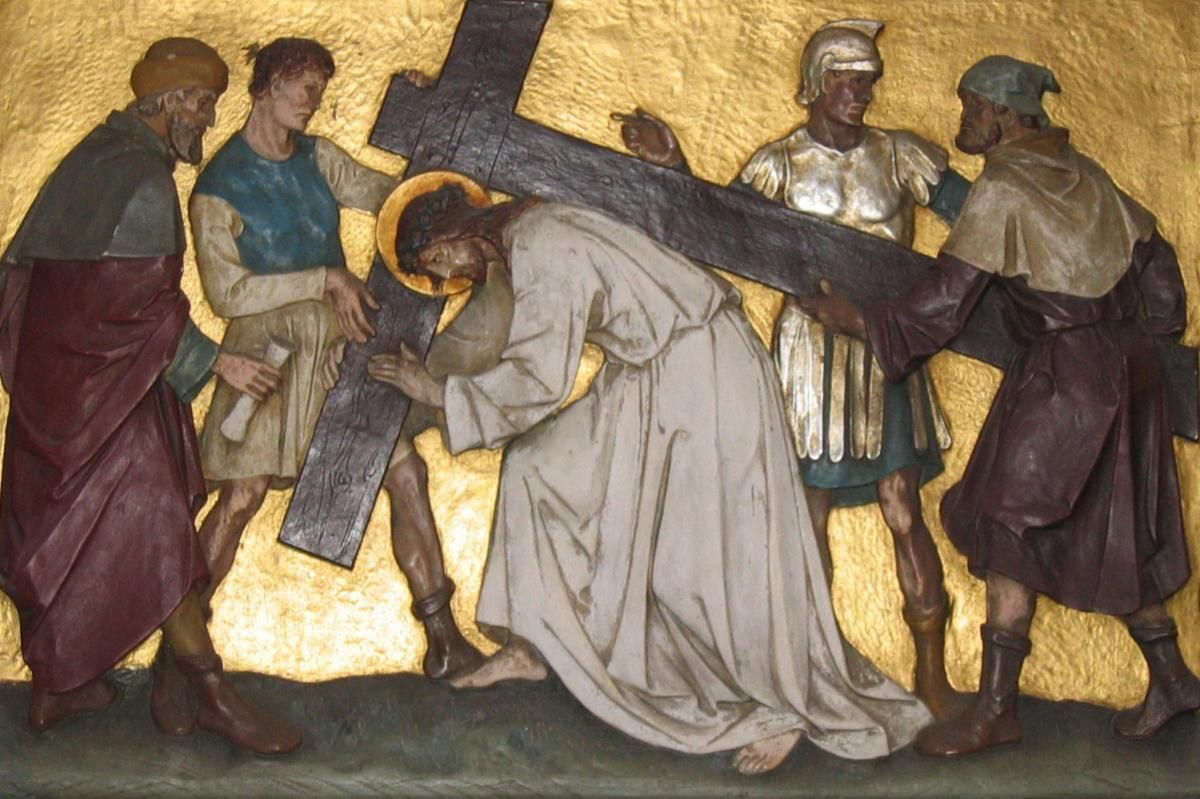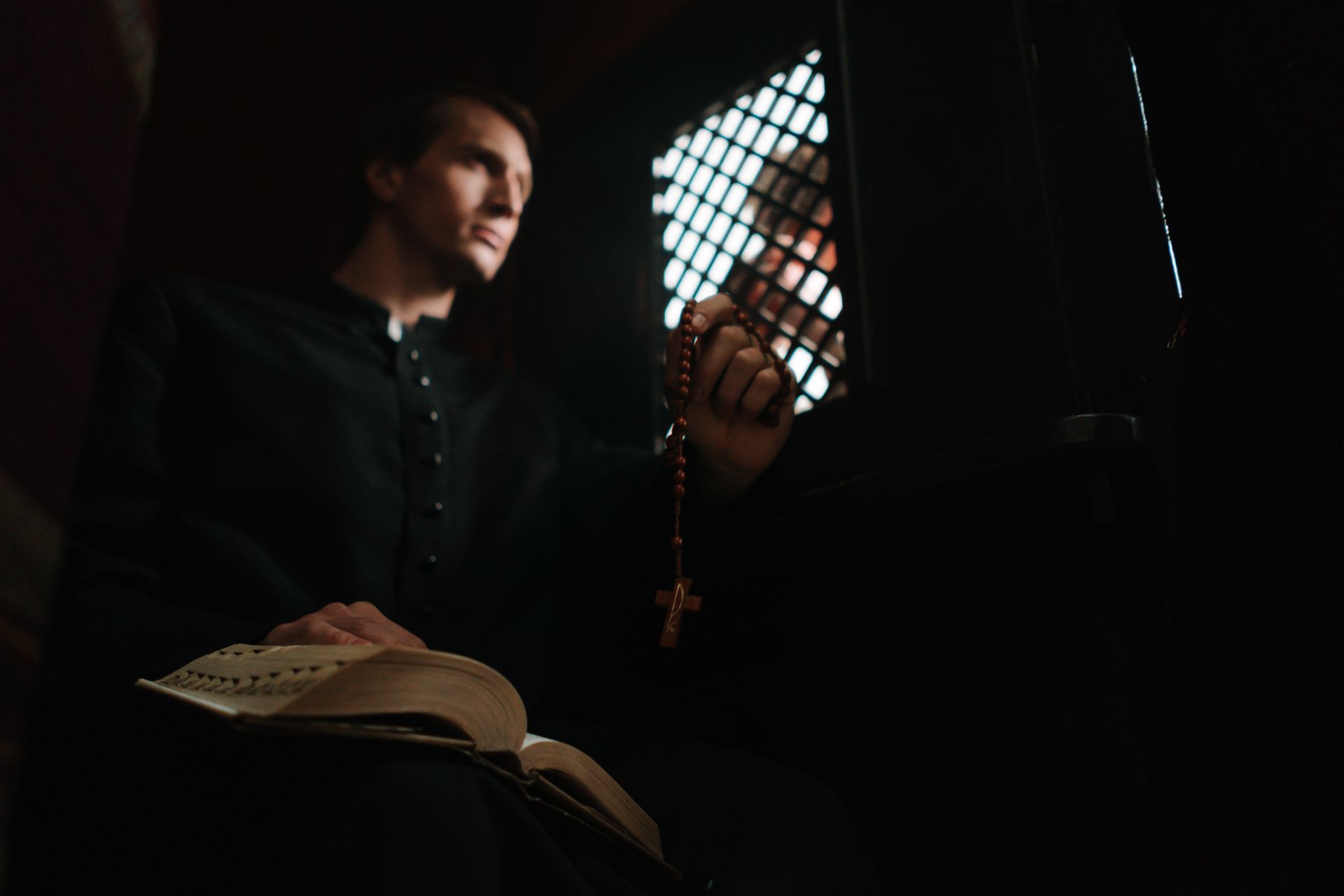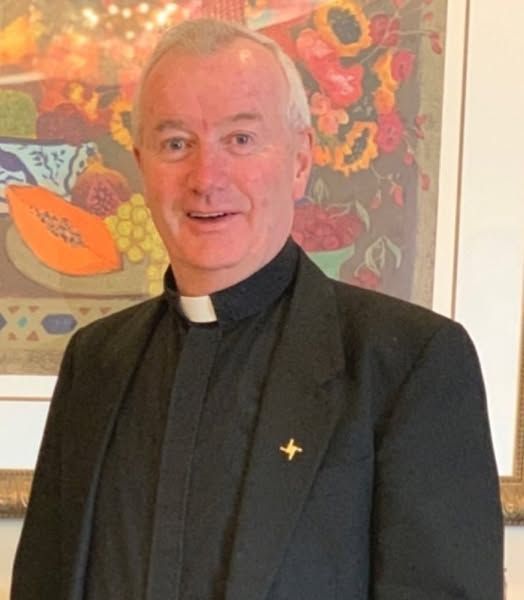Dear Friends,
You're warmly invited to join us for a Seder Meal on April 16th at 6:00 PM in the CTK Parish Hall. We are honored to welcome Rabbi Roberto Graetz, retired from Temple Isaiah, who will guide us through this meaningful two-hour experience with thoughtful commentary and reflection.
The Seder is a beautiful and rich tradition that retells the story of the Exodus through storytelling, symbolic foods, four cups of wine, matzah, and a spirit of shared reflection and celebration. After the first 45 minutes of this ritual, we’ll enjoy a full meal together. The evening will conclude with prayer, hymns, and final words led by Rabbi Graetz.
Rabbi Roberto writes: “Each year, as Jews gather around the Seder table, they follow a ritual that has endured for generations. And yet, no two Seders are ever quite the same. The world changes, we change, and with each year come new questions, experiences, and insights that shape how we engage with the story of Yetziat Mitzrayim—the Exodus from Egypt. There was a time when the Seder table was closed to non-Jews. But as times and cultures have shifted, so too has the spirit of inclusion. Today, everyone is welcome at the table for an evening of questions, reflection, and discovery. Together—guided by Jewish tradition—we explore the journey from slavery to freedom, from despair to hope, and from our current challenges toward a vision of ultimate redemption.”


